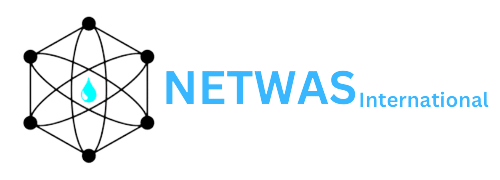
NTS001: Community-Led Integrated Participatory Methodologies (such as PHAST, CLTS, CLSS, SLTS and Menstrual Hygiene) for Addressing Sanitation and Hygiene in Schools and Communities
- Duration: 2 Weeks
- Date: See Scheduled Training Program - NTS001 - Session 1
- Date: See Scheduled Training Program - NTS001 - Session 2
- Venue: Nairobi, Kenya
About the Course
Water washed and water related diseases continue to be the leading cause of hospital admission, accounting for up to 50% of the hospital admissions in developing countries. Acute watery diarrhoea (AWD) accounts for more than 50% of child and maternal mortality and morbidity. Knowledge, attitudes and practice surveys in various nationalities and communities in developing countries clearly indicate that in most areas, there is very high level of awareness on the causes of AWDs, but positive hygiene practices is very low. The issue of menstrual hygiene has also been identified as a key sanitation issue that impacts negatively in the development of girls from financially challenged backgrounds. Over the years, various participatory methodologies have been developed to address the challenge of poor sanitation and hygiene practices, however, each of these methodologies have major strength and weaknesses, depending on the obtaining situation and target group.
This course aims at offering the participants a critical analysis of the various participatory approaches, identifying their key strengths and weakness, and enabling the participants be able to identify the best methodology or combination of methodologies to achieve the desired positive behaviour change in sanitation for communities from various backgrounds. The course recognises that the overall objective of positive behaviour changes in various operating environment require a combination of approaches. It also recognises special challenges such as menstrual hygiene as a key challenge in enabling girls to achieve their full potential.
Objectives
- To understand the concept of the various selected participatory methodologies such as PHAST, CLTS, CLSS, SLTS, and Menstrual Hygiene, their application and limitations
- To be able to select the best methodology or combination of methodologies for the various situations and communities for the achievement of positive behaviour change
- Be able to adapt the selected methodology/methodologies to address the existing sanitation and hygiene issues taking into cognizance, community coping mechanisms;
- To be able to articulate results from the methodology/methodologies selected.
Who can benefit from this course?
Persons working with NGOs in areas where there is high risk of Acute Water Diarrhoea diseases, public health officers, trainers of community leaders, community development workers working for NGOs and UN agencies.
